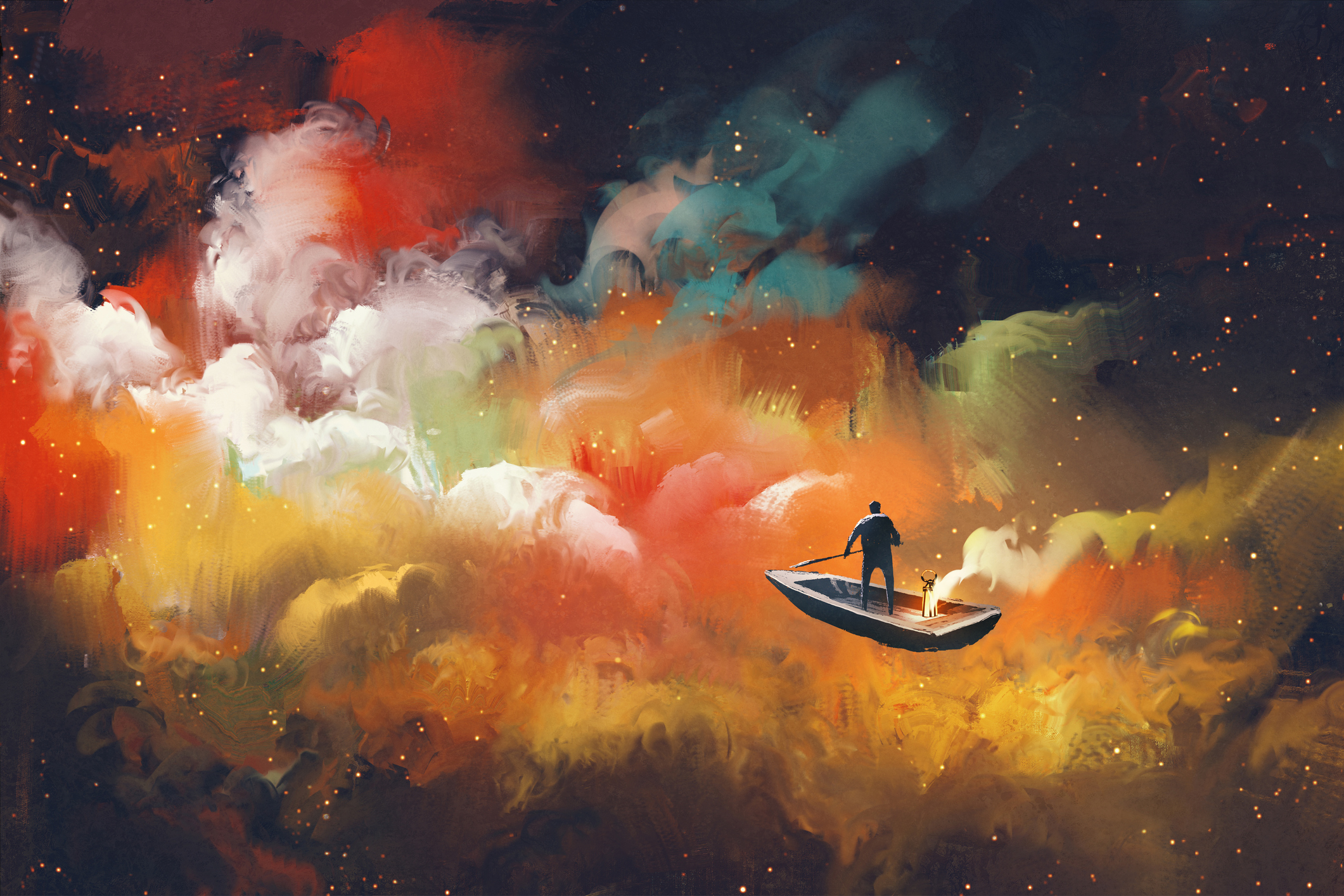Creativity, Mental Illness, and Addiction: What’s the Connection?

Creative people sometimes worry that their spark will go away if they seek chemical help for their depression and anxiety. Are you a creative person? Does this sound like you?
After all, it is often emotions that drive the creative endeavors we engage in. What happens when that spark is diminished?
The Connection between Mental Illness and Creativity
Depression and anxiety can lead a person to pursue writing, music, poetry, and art. However, the act of isolating oneself to complete creative ventures can be isolating and even spike feelings of depression and anxiety.
But treatment options for depression and anxiety are everywhere. It is difficult to go an entire week without hearing about a new treatment method. However, sometimes creative types cling on to the notion of the “artist-in-pain” mentality, therefore they opt not to seek treatment. They believe it is necessary to be in pain to produce an artistic masterpiece. Is there any merit in this?
Chicken or Egg? Which comes first?
Furthermore, creatives worry that their essential spark will disappear with mental health treatment. It truly is a chicken-or-egg phenomenon. Some wonder whether their depression and anxiety cause them to create their best work, or if creating their best work causes depression and anxiety. For example, writing is an activity which requires intense amounts of isolation and may provoke anxiety and depression.
“Writing is a pursuit that requires constant reimagining of the same things, over and over, and it’s this same circular thinking that revs up my anxiety,” says James Scott, author of The Kept and host of a podcast about books, TK with James Scott.
“It’s also odd to me that writing, this lonely job, is then paired up with the modern act of ‘being a writer,’ which includes doing public readings, interviews, and the like,” Scott continues. “I had not read my work in public since elementary school until maybe two years before my book came out. I was in my thirties, and I knew I had to get over it, and I did, to some extent, with practice and desensitization and drugs.”
The link between Creativity and Addiction
For a long time, there’s been a connection between creativity and mental illness. People in creative professions are treated more often for mental illness than the general population. A study conducted revealed that artists and scientists were more commonly diagnosed with bipolar disorder and schizophrenia compared to the general population.
Furthermore, researchers observed that creative professions were more common in the relatives of patients with schizophrenia, bipolar disorder, anorexia nervosa and, to some extent, autism. According to Simon Kyaga, Consultant in psychiatry and Doctoral Student at the Department of Medical Epidemiology and Biostatistics, the results could lead to reconsideration when it comes to treating mental illnesses.
“If one takes the view that certain phenomena associated with the patient’s illness are beneficial, it opens the way for a new approach to treatment,” he says. “In that case, the doctor and patient must come to an agreement on what is to be treated and at what cost. In psychiatry and medicine generally, there has been a tradition to see the disease in black-and-white terms and to endeavor to treat the patient by removing everything regarded as morbid.”
Clearly, there is no black and white answer on this matter. Whether or not creativity and mental illness are connected is yet to be determined. Still, it is fascinating to see a correlation in depression and anxiety and very creative people. What is the connection?
Regardless of what you believe, being creative should not stop you from seeking treatment. There are ways to be healthy AND creative without making any sacrifices. We want to help. If you or someone you love is struggling with substance abuse or mental illness, please call now 1-800-777-9588.
Author: Shernide Delva
